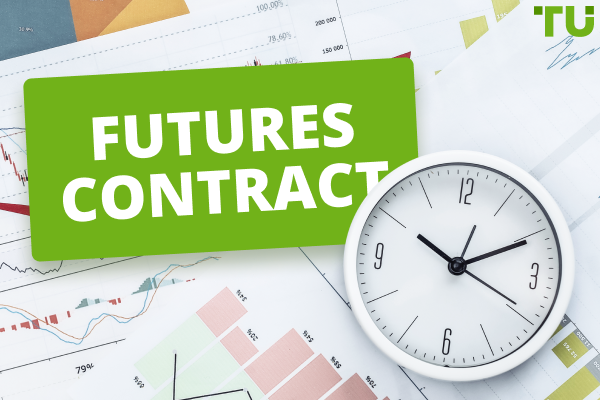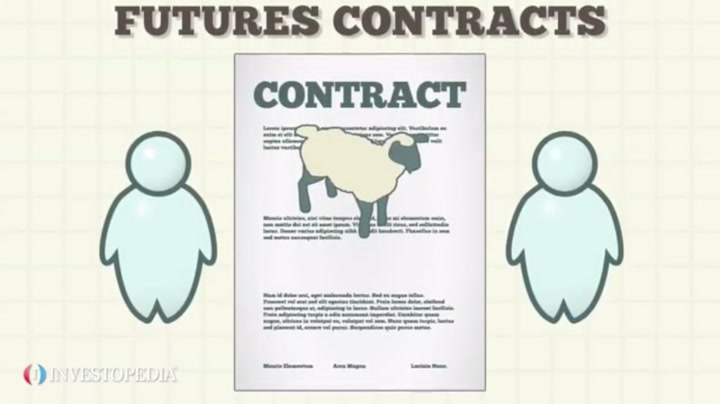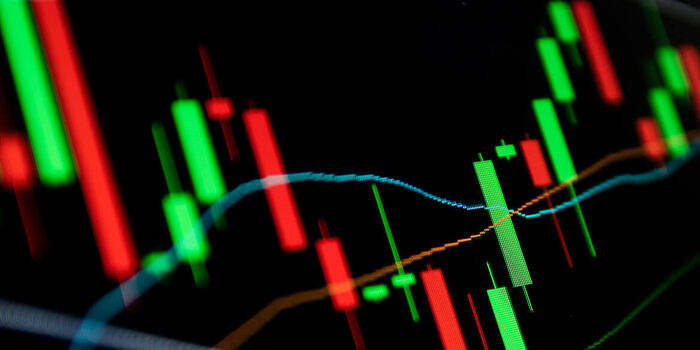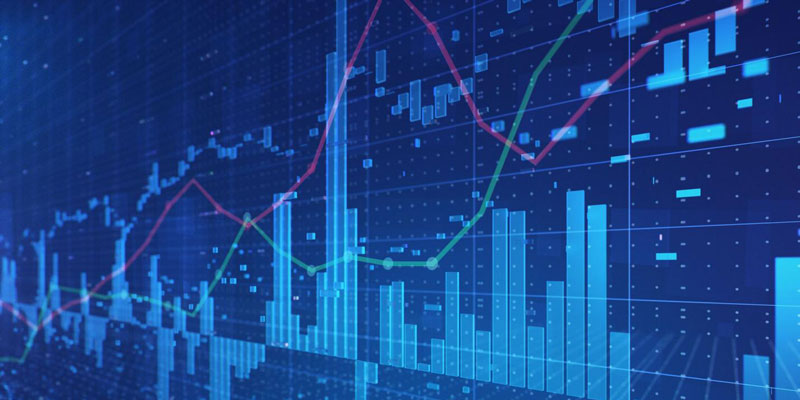Introduction
A futures contract is an agreement to buy or sell a commodity, asset, or security at a future time and price. To make trading on a futures exchange simpler, futures contracts' quality and quantity are standardised. You consent to pay the contract's expiration price and accept delivery of the underlying asset if you purchase a futures contract. The seller of a futures contract assumes the obligation to produce the underlying asset on the contract's expiration date.
Futures Contract Types
Futures contracts can set prices for almost any commodity or asset if a sizable market exists. The following provides comprehensive definitions of some of the types of futures contract:

Agricultural Futures
These futures contracts were the first available at exchanges like the Chicago Mercantile Exchange. Other commodities have futures contracts and cotton, lumber, milk, coffee, sugar, and even cattle.
Commodities
Among commodities include wheat, gold, and oil. Oil futures are critical because they are used to determine oil prices. The price of oil is the primary determinant of how much a gallon of gas will cost you. 2 The price at the pump increases if the price of oil also rises.
Energy Futures
These provide access to the most widely used energy sources and fuels, gas and oil.
Stocks and Bonds
Investors may speculate on financial instruments' future values when they expect an economic shift. For instance, they might invest in a bond futures contract if they predict a drop in interest rates (because bond prices rise when interest rates fall). Investors who believe stock prices will climb may decide to buy S&''P 500 futures contracts.
Currencies
Futures contracts take into account the fact that currencies are exchanged in pairs. It's a deal to trade a specific amount in one currency for another. For instance, a trader would buy a USD/EUR future, anticipating that the US dollar's value will rise about the Euro's.
Financial Futures
Futures contracts provide predictions about how much an asset or index will cost. Both the Nasdaq and the S&''P 500 have futures markets. Treasury bonds and other debt instruments are also traded as futures.
How Does a Futures Contract Work?
In the stock market, a futures exchange performs functions that are analogous to those of a stock exchange. Futures trading can be undertaken at regulated exchanges, where it is possible to achieve the same level of safety and efficiency as stock trading. The transaction processing is handled by the clearinghouse of the stock exchange. The clearinghouse functions, in all respects, as a market maker for all of the contracts. A futures contract must include precise language for each and every one of its clauses. The quantity and quality of the asset have to be comparable to one another. Both the location and the month of delivery have to be the same.
How Futures Contracts Affect the Economy
Futures are an excellent way for businesses to fix pricing, benefiting buyers and sellers. Futures contracts could be used by a company that transports people or products to guarantee a fixed price for gasoline. The transportation company is now in a better position to make plans for the near future than it would have been able to if it had to rely on changing gas prices. Farmers utilise futures contracts, much like investors, to ensure a minimum price for their goods. They can also plan how and where the goods will be transferred into ownership.
A farmer who sells commodity futures to hedge against price swings can more precisely forecast future earnings and costs, similar to a transportation corporation that buys gas futures. Hedge funds employ futures contracts to increase their commodity market leverage. They don't intend to buy, sell, or interact with any products in any other way. They want to buy a profitable offsetting contract as a substitute. They are effectively betting on the commodity's future worth by doing this.

Conclusion
A legally binding contract for selling and purchasing an underlying asset or security with delivery at a predetermined future date and price is known as a futures contract. Futures markets are not appropriate for all traders. However, they represent the market's "best guess" regarding the near- and long-term future of a wide range of commodities and financial instruments that impact everyone. As a result, futures trading can benefit investors. Futures trading involves different risks than other types of trading in financial products.




